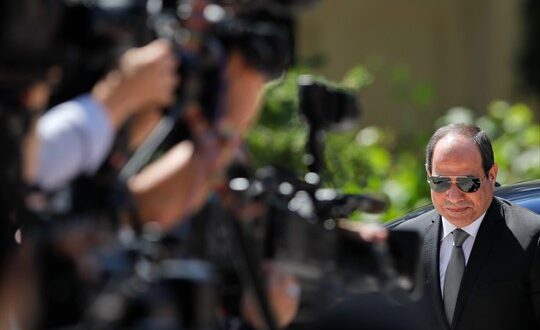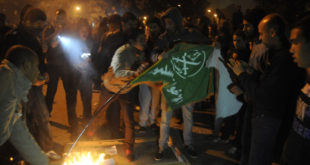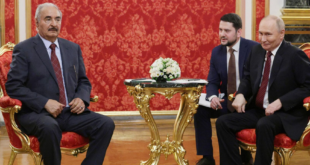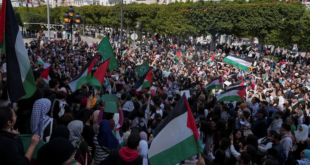In recent weeks, Egypt has released a handful of high-profile political prisoners, including three journalists, Khaled Dawoud, Solafa Magdy and Hossam el-Sayyad. Dawoud, who had become a leader in the opposition al-Dustour, or Constitution party, was arrested in 2019 following the outbreak of brief anti-government protests. Magdy and Sayyad, who are married, were also caught up in the same wave of arrests in the fall of 2019. In an email from his political party’s media office, Mohamed Anwar el-Sadat, the influential nephew of former Egyptian President Anwar el-Sadat, noted their releases approvingly, while adding that he looked forward to other such cases involving “politicians, journalists and rights activists.”
For those paying close attention to events in Egypt, it seemed to indicate the possibility that the government of President Abdel Fattah el-Sisi might be poised to take more concrete steps to repair its damaged international reputation as well as its strained relationship with the United States. Since then, however, Cairo has taken no further action, raising the obvious question of whether Egypt is willing to do even the bare minimum required to rehabilitate its image abroad. Perhaps even more importantly, the lack of further progress raises another important question: Beyond atmospherics, will any of this fundamentally affect the underlying fundamentals of U.S.-Egypt relations?
 Eurasia Press & News
Eurasia Press & News




